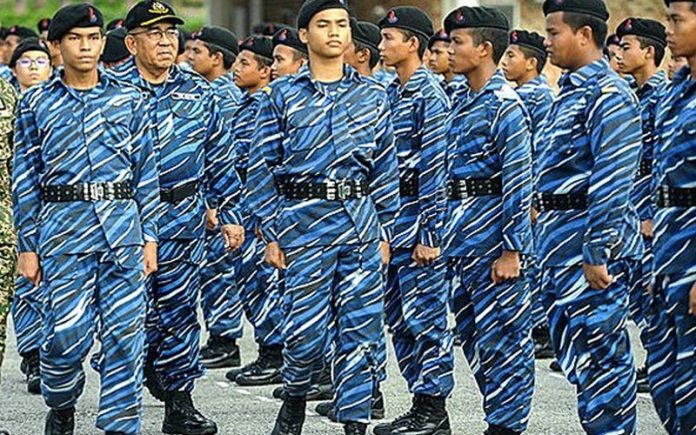
PETALING JAYA: Economic and health experts have said a revival of the National Service programme does not make sense at the moment, as it places an unnecessary financial burden on the government and raises health concerns given the pandemic’s likely presence beyond this year.
Defence minister Ismail Sabri Yaakob had recently proposed that the abandoned National Service programme be revived, saying it had a positive effect in developing patriotism among the nation’s youths.
Yeah Kim Leng, an economist at the Jeffrey Cheah Institute on Southeast Asia, told FMT that as the programme reportedly cost RM8.4 billion between 2004-2015, “reviving it at a time when we are battling the pandemic is not advisable. Revisiting it too soon without looking at its efficacy would reduce the effectiveness of the government’s spending.”

He said that the government’s money would be put to better use if used to deal with youth unemployment, which he called the “one issue affecting youths today.”
Targeted apprenticeships and work placements could be used to foster national unity and ethnic harmony through diversity within the workplace, achieving Ismail Sabri’s stated goals and also running up a smaller bill.
Another economist, Barjoyai Bardai of Universiti Tun Abdul Razak said major changes must first be made to the National Service format.

He suggested greater emphasis on “moulding youngsters to go into careers of entrepreneurship” rather than on physical training and nationalism.
The need to place trainees in a single camp also would have to be reconsidered, as he sees that as a major area where costs could be cut, questioning why participants needed to stay on base for three months.

Malaysian Medical Association president Dr Subramaniam Muniandy said that limitations imposed to prevent the spread of Covid-19 made it “impractical” to reintroduce National Service.
“Many activities will require teamwork where you will need to be close to each other but physical distancing will need to be observed. Moreover, in a jungle setting, you will need to remain close to each other for your own safety.”
He also questioned if trainees would have access to proper healthcare if they were located far from cities.



